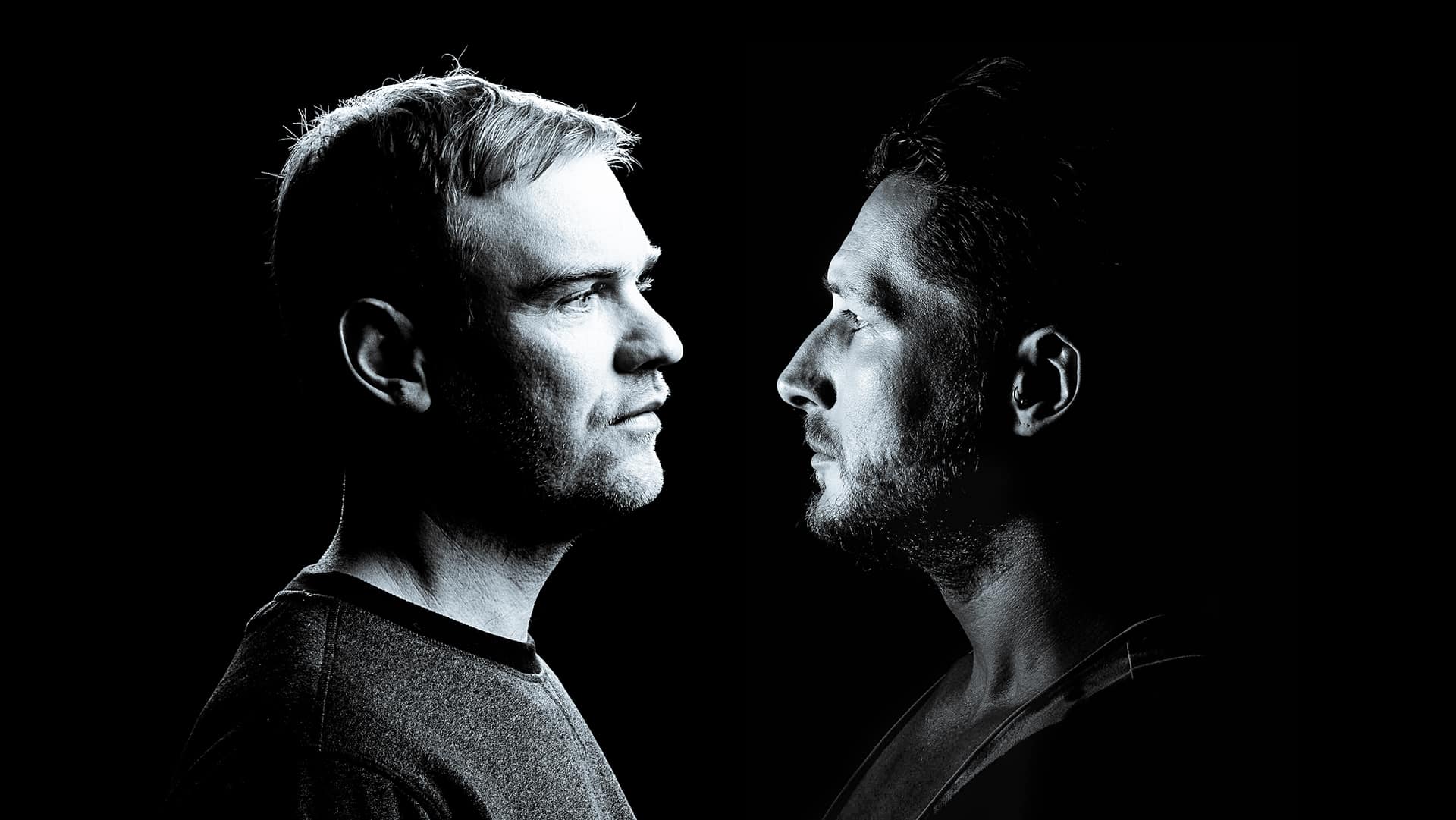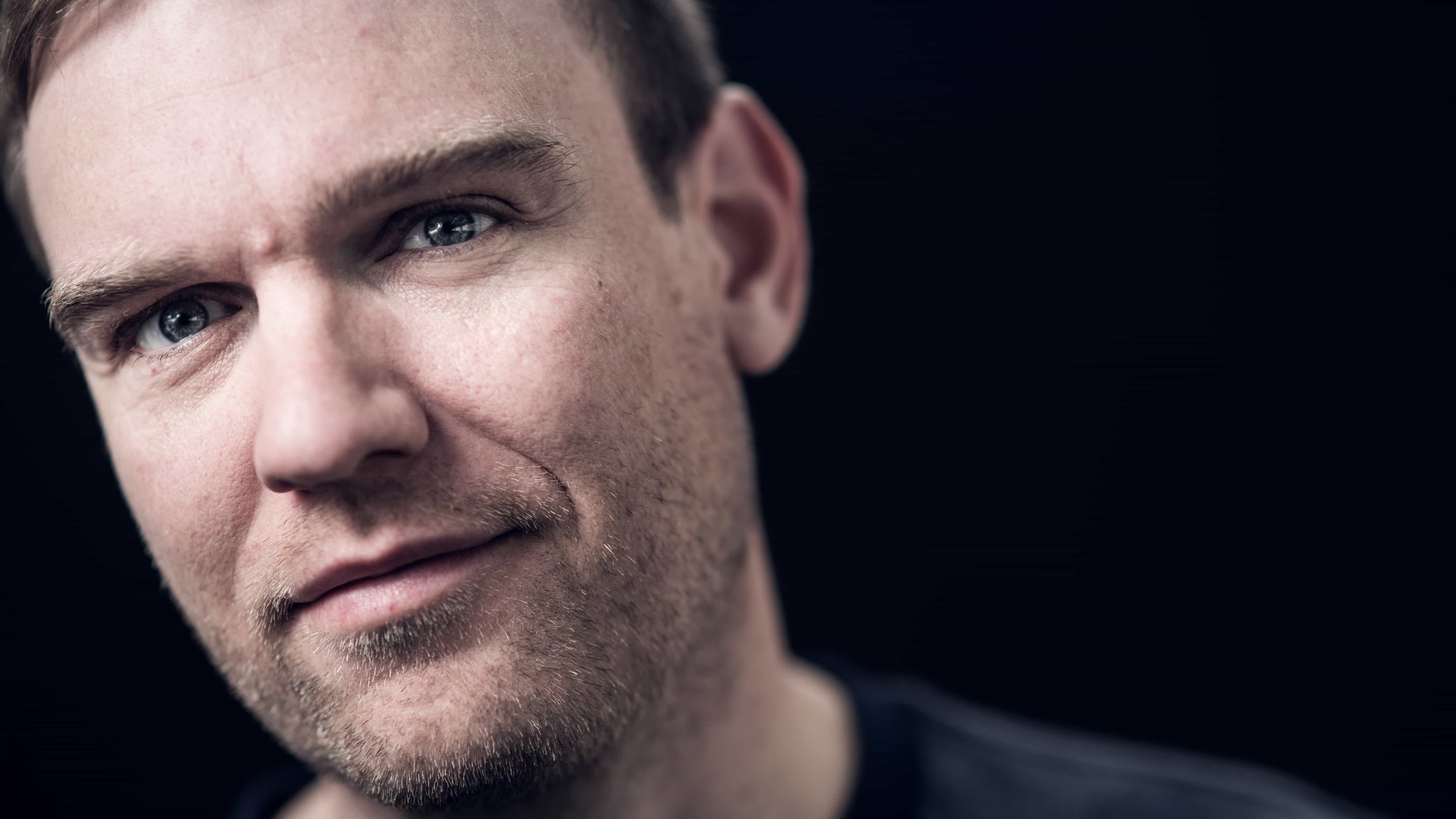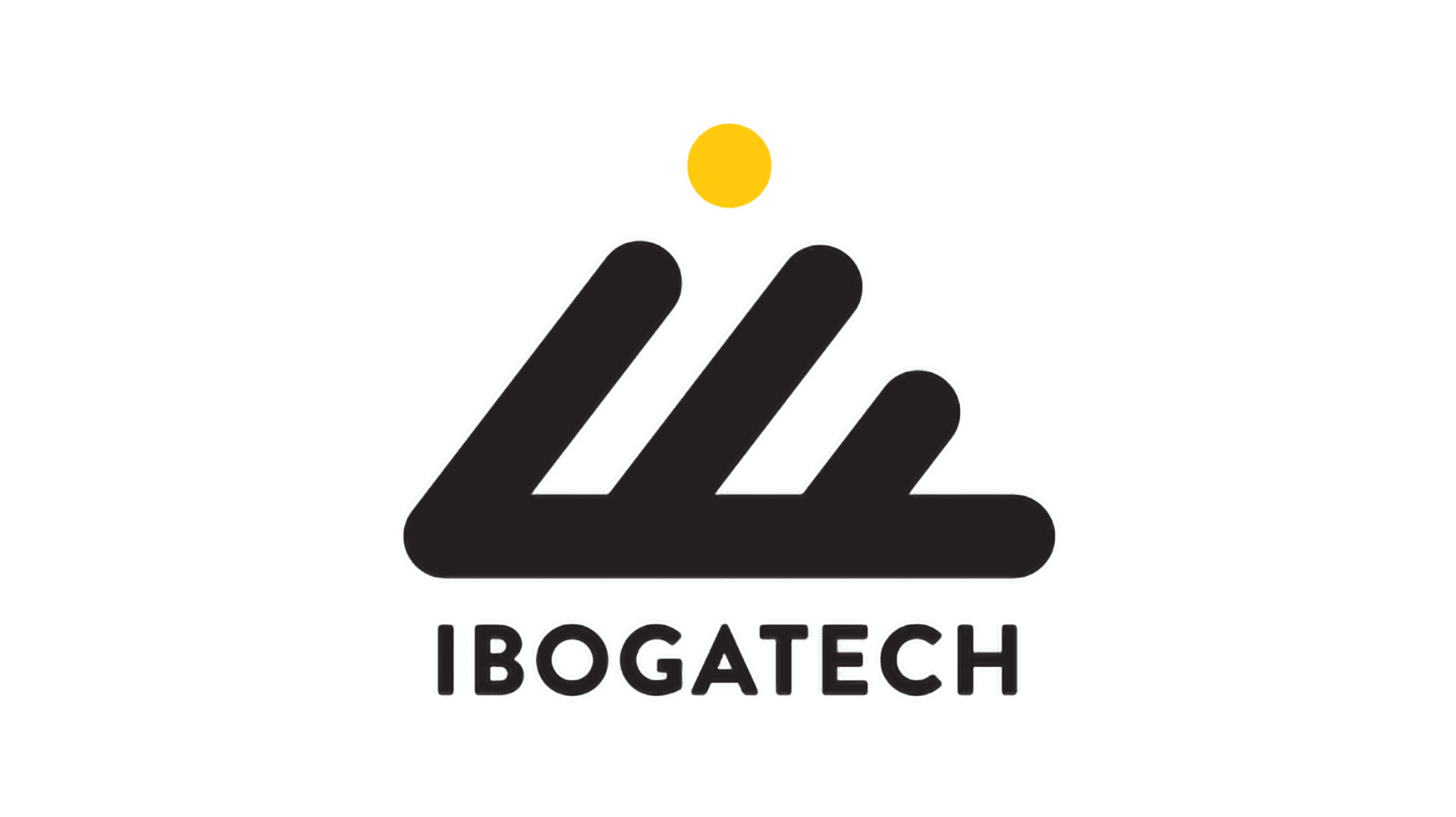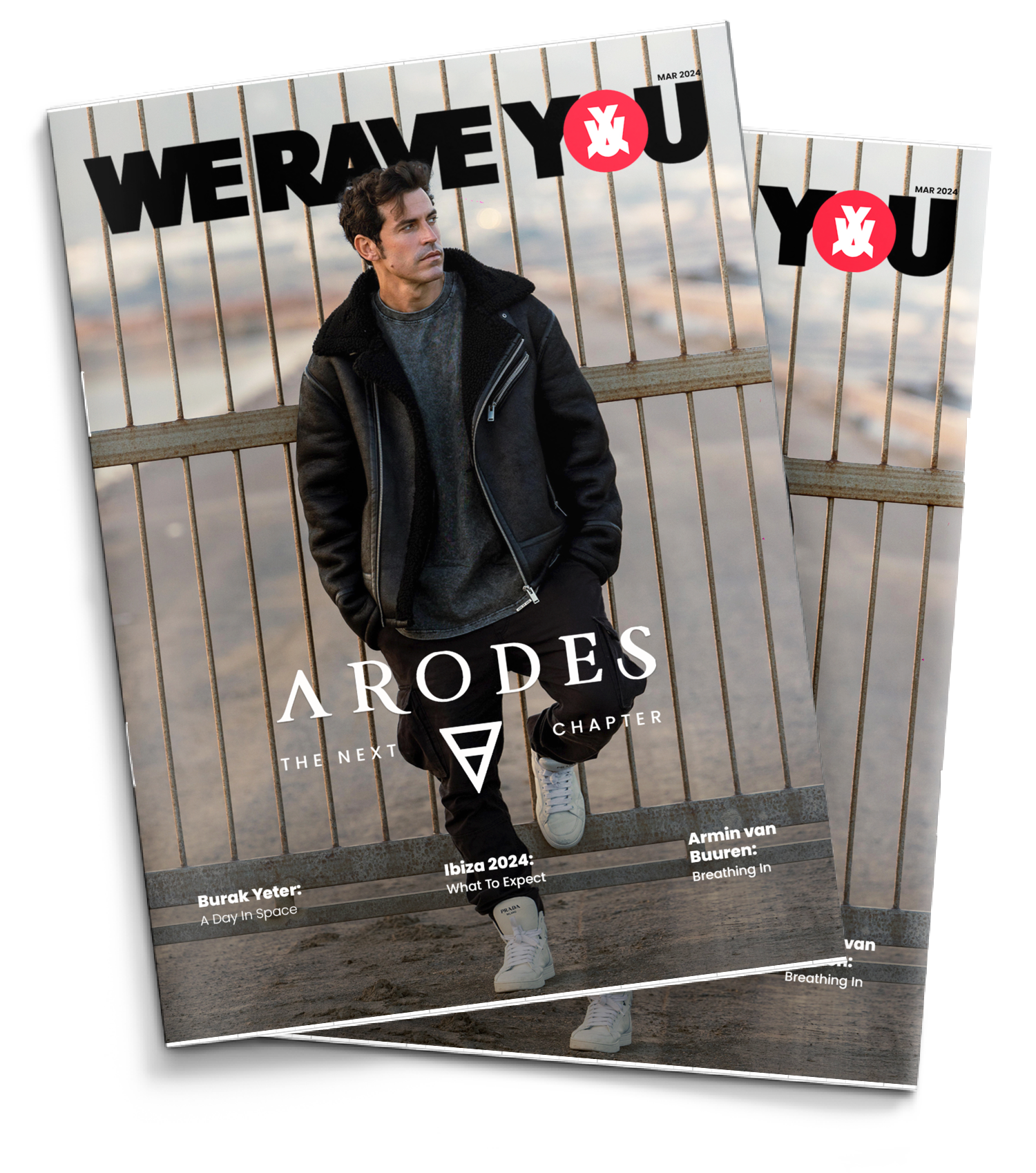

Interview: Emok and Banel talk about new label Ibogatech, music direction and changes in the industry
In 1996 came Iboga Records, a groundbreaking Copenhagen label that sought to be the platform for a new progressive electronic sound. Part of a small movement of fewer than 30 people, DJs Emok and Banel wanted to be the forerunners of a musical revolution, something they successfully achieved at the head of Iboga. After two decades of releasing progressive music and authentic trance relics on this underground label, Emok and Banel decide to create IbogaTech, a branch of Iboga dedicated to a more risky and straightforward sound. We Rave You talked about this new adventure with these talented DJs, producers, and label bosses.
Mikael Dahlgaard (DJ Emok) and Michael Banel, thank you very much for taking the time to talk with us. How have you been in these last stormy months?
Emok: It’s a pleasure talking to you. It’s been a stormy year for sure, with everything turned upside down. Honestly, I have enjoyed it a lot. I’ve been on the road for more than 20 years with non-stop touring and DJing. In between that and the labels, studio time and a new family in the past five years, life got really crazy. When things locked down last year, it gave me a good chance to think about what actually matters to me in this busy business and where I have previously wasted my time. I think I have been a bit of a pleaser for too many years and always jumped on new projects and had a hard time saying no to people. That has now changed and I started cutting into the bone of our business.
I realised I started all this 25 years ago because I loved being in the studio producing music, so I guess this past year I learned to go back to the roots and origin of my passion for electronic music.
Since covid began, we’ve worked a lot in the studio and with the labels. Finally having enough time to focus our energy, this made things grow even more and I wake up relaxed and happy every morning as I found myself back in the studio more than I’ve been in the past 10 years.
On a personal level, having all this time to spend with my daughter has been absolutely amazing and I know I will look back on this time knowing this time is the best I could ever give my daughter. But I do look forward to the sky opening up again and shining on packed dancefloors.
Banel: It’s been the longest winter ever here in Copenhagen due to all the restrictions and lockdown. I’ve spent most of my time together with my wife and son. We have still been able to work from our studio, so these things have been a lifesaver in these times.
You have been running an internationally recognised underground label for 25 years. How would you describe the trajectory of Iboga?
Emok: Like a crazy rollercoaster, that’s for sure. I was 19 when we started Iboga Records and had absolutely no experience with the music industry. I left school because I wanted to spend my time on this new exciting rave music. We originally created Iboga Records as a platform for upcoming Scandinavian artists but after the first few CD releases, things started to go very fast for us. We started travelling as DJs presenting the label and, naturally, we met a lot of artists and DJs that we slowly started to connect to Iboga Records that made our artist roster more international. Then the CD market crashed and we copped a bad beating and actually had to take a loan to survive while eating pasta with ketchup for a while.
One of the strengths of Iboga Records is we always spot new trends and ways to evolve the label to stay innovative and inspiring to others. We were one of the very first independent labels starting with digital releases and changing to the digital market. It took us years to make our artists understand the change that was happening and we could also see other independent labels getting into this new market way too late. We still spend a lot of effort trying to reinvent ourselves and go in new directions to keep inspiring others.
Banel: We have come a long way since we started as young DJs in the underground scene of Copenhagen.
I believe we have stayed true to our roots throughout the years, even though we haven’t been afraid of going our own ways and try out new ideas. One of the keys to our label’s success in my opinion is that we have always been able to incorporate new creative ideas and that have been game-changing for us and carried us through major incidents such as distributor bankruptcies and changes in how people consume music.

Image Credit: Banel (Press)
In 2016, Iboga released Vini Vici’s remix of Hilight Tribe’s ‘Free Tibet’. When you signed it, did you knew it would have this resonance on Vini Vici’s career?
Emok: We knew this was a massive hit, yes, but not that big. What this track did to the psytrance scene was to get it more recognised and also respected. It created a wave that many artists in our scene today benefit from. It took it from a niche underground scene to become more commercial and recognised by other electronic music brands and artists. Of course, you always have the haters when someone is successful like Vini Vici, but my view on things is that the audience is the one to judge and if a lot of people and fans like a track, label or artist as much as they do with Vini Vici or Iboga Records, then it means they are doing something right. It’s not commercial just because a lot of people like what you do, then it’s simply just good.
Breaking the rules and breaking ground is a never-ending task. After all the roads taken in the service of psytrance, it was time to look at another niche that needed nurturing and to be brought to light.
About four years ago Iboga got a new arm, Ibogatech. Why did you decide to create another label?
Emok: Banel and I were always very fond of techno, progressive house and slower trance music. Actually, Iboga Records was one of the first more progressive psytrance labels and we had many years of releasing techno and progressive house on Iboga Records with artists like Christian Smith, Dnox & Beckers, Paul Thomas, Spectre and Dousk, to name a few and we only found it natural that we needed to create a proper home for this music that we are so passionate about. IbogaTech blurs boundaries between the genres of progressive techno, house and tech house to create smooth and sexy beats with a psychedelic twist. That’s the best way to describe it. Both Banel and I have produced techno music for many years and now have a perfect platform to develop this.
Banel: When it comes to music styles, we always went for our own way of doing things. We have been releasing many styles on Iboga Records during the years. It’s been natural for us doing it like this. I think this is one of the places that separates us from most other labels.
However, we came to a point where we felt it was the right time to make a separate label for a more techno-oriented sound, and from my perspective, it has been something I have dreamed about for many years because I always had a strong interest in techno. I have since 2014 had a project together with Martin Vice called MVMB, where our idea from the beginning was to create a hybrid between progressive psytrance and techno, evolving into a slower bpm techno-oriented sound. This fits perfectly into our vision about the IbogaTech concept. At the same time, we saw that we were able to gather a very talented group of artists who all have their own signature sound.
What distinguishes Ibogatech from the main label?
Emok: The music direction. The bpm is from 120 -128 bpm. We like it melodic and even trance-y but it’s still techno. We work with many new artists and talent. Also, the way we promote and market it is very different from Iboga Records. IbogaTech is still young but we have 25 years of experience managing labels and artists, so it is growing very fast.
Banel: Ibogatech is more techno-oriented (122-128 BPM), while Iboga Records is more progressive psytrance oriented (135-140 BPM).
Ibogatech aims to be the home of artists who like blurring the boundaries between genres. Do you think music genres are changing?
Emok: I think artists who have been producing music for many years are always evolving their sound. They want to challenge themselves, experiment with other styles and that naturally creates a blurring fusion of sounds and that’s what we find so interesting. For the 25 years, we have been in the scene, we’ve always had a wide taste of electronic music with many diverse releases and artists and we believe this is one of the reasons for our success. The electronic music scene has for many years, in my opinion, been very narrow-minded in terms of music styles, but luckily this seems to have changed in the last few years and I think it’s healthy for our scene to have events, festivals and labels fusing styles to give fans a wider range of great electronic music.
Banel: We believe in the importance of developing creatively and personally, and that it is a natural process. We also appreciate the importance of collaborating with other artists and thereby learning new things and new unique music can emerge in this way.
What is Ibogatech’s music direction? What is its DNA made of?
Emok: Melodic and trancey techno, sometimes with a psychedelic twist and a lot of passion and experience.
Banel: In our concept, there is room for a wide range of techno music. It also has to do with our personal taste which is actually quite broad. Basically, it’s about what feeling the music gives and whether we feel it’s something we either want to play in our DJ sets or want to listen to.

Image Credit: IbogaTech (via Facebook)
What kind of artists are you looking for? Is there a specific profile to be part of the Ibogatech tribe?
Emok: We have for many years worked with a wide range of artists and what we are looking for is artists who have their own personal sound and are making the music personal out of passion for what they like and are inspired from. Not artists who try to sound like someone else.
Besides this, artists who are fully dedicated to their project beyond their music releases and work from A-Z getting involved with their promotions, come up with crazy ideas and suggestions and work seriously on developing their brand.
Banel: We are mainly looking for artists who have developed their own signature sound. We are looking for both established artists and artists who are on the rise, and who we can see potential in working with. We are not afraid to try new things, but there must be something in the music or the artist that gives us a feeling that it fits into our concept as a label.
They make it look easy keeping various facets of professional life going, but they don’t forget the team that accompanies them to make it all possible.
You run Iboga, Ibogatech and you remain active as DJ EMOK and DJ Banel. What is it like to juggle both roles?
Emok: Both roles are part of the same business, we can never refrain from one part and expect things to continue floating the way we want. DJing and touring is a very important part of the business. This is where we engage with the crowd and fans, artists and promoters and, most importantly, standing on the dance floor getting inspired.
It’s of course hard from time to time as long travels come with a cost of not always being available for the label business, but we have an amazing support team. The girls Roza, Niki and Kitty who work with us make things so much easier as they have always got our backs and do their work professionally.
Banel: Of course, it has not always been easy to handle, even if the two are closely linked. Nor do we make it easier for ourselves by being involved in quite a few projects. Over time, however, we have learned to stick with projects related to the music, our labels and our DJ careers.
In recent years, however, we have to a greater extent been able to hire help with most of the daily work tasks.
COVID-19 has profoundly altered the industry. As label bosses, what scars and what opportunities did the pandemic bring?
Emok: It’s had a huge impact on artists and organisers in our scene. Some artists have had to find new careers or leave the music business for a while. Organisers, who are a vital cog in the wheels, have some bad scars and it seems that it may take many years before the party scene and dancefloors are back in full swing again.
On the other hand, our business was able to put more effort into developing the labels. Many of our main artists made more music last year than they did for the past 10 years, making sure the labels have a lot of very cool releases, albums and collabs on the way.
I personally learned that the scene and lifestyle we have is very unique and that we need to stick together with one another, help support and grow together. It strengthened our network a lot and when the scene opens again, it will be like the phoenix rising out of ashes and something truly beautiful will come from it.
Banel: The crisis has led us to make some important decisions that have actually been a long time coming. we are well on our way to restructuring and improving the way we handle different aspects of our daily work. I think we are coming out strengthened on the other side and I know we are very ready to continue for many years to come.

Image Credit: Emok (Press)
Suddenly, raves and parties have become quite illicit again. Will this context encourage more underground music?
Emok: I believe yes, back to the roots. More underground events, more support to smaller and local artists. All the good things in electronic music come from the underground, so we are looking forward to a lot of new cool things to develop from here.
How do you think Ibogatech contributes to the building of the ‘new wave’ of contemporary electronic music?
Emok: There are no boundaries for music, creativity and genres are limited only by the constraints we believe or have been told that they have. There always has been and always will be a new ‘big sound’ or fresh genre and they all have just one thing in common- the artist has passionately pursued something they feel in their soul, regardless of what is popular or what they’re told they need to produce to make the charts.
IbogaTech provides artists with the freedom and actively encourages them to throw away the rules, ignore the boundaries placed on them and follow their creative soul with passion. This is what I believe creates great art and helps evolve electronic music to constantly create a ‘new wave.’
Will you continue to surprise us? What trump cards does Ibogatech have up its sleeve for 2021 and the near future?
Emok: Yes always. We have a Patreon plan rolling out within the next few months with very unique content for our fans and followers that we believe will be very popular. It’s another new direction for our labels and we are working hard on it.
We also have many new exciting releases coming up. Stay tuned for releases from The Orb, Molono Bass, Gaudi & Grouch, Be Svendsen, John Monkman, Guy J, Dusty Kid, Eitan Reiter and much, much more.
Banel: Surprises are one of the things we do best….watch this space!
Main image Credit: Press


- Arodes cover Interview
- Armin van Buuren: Breathing In [Exclusive Interview]
- Ibiza 2024: What To Expect
- Burak Yeter: A Day In Space [Exclusive]
